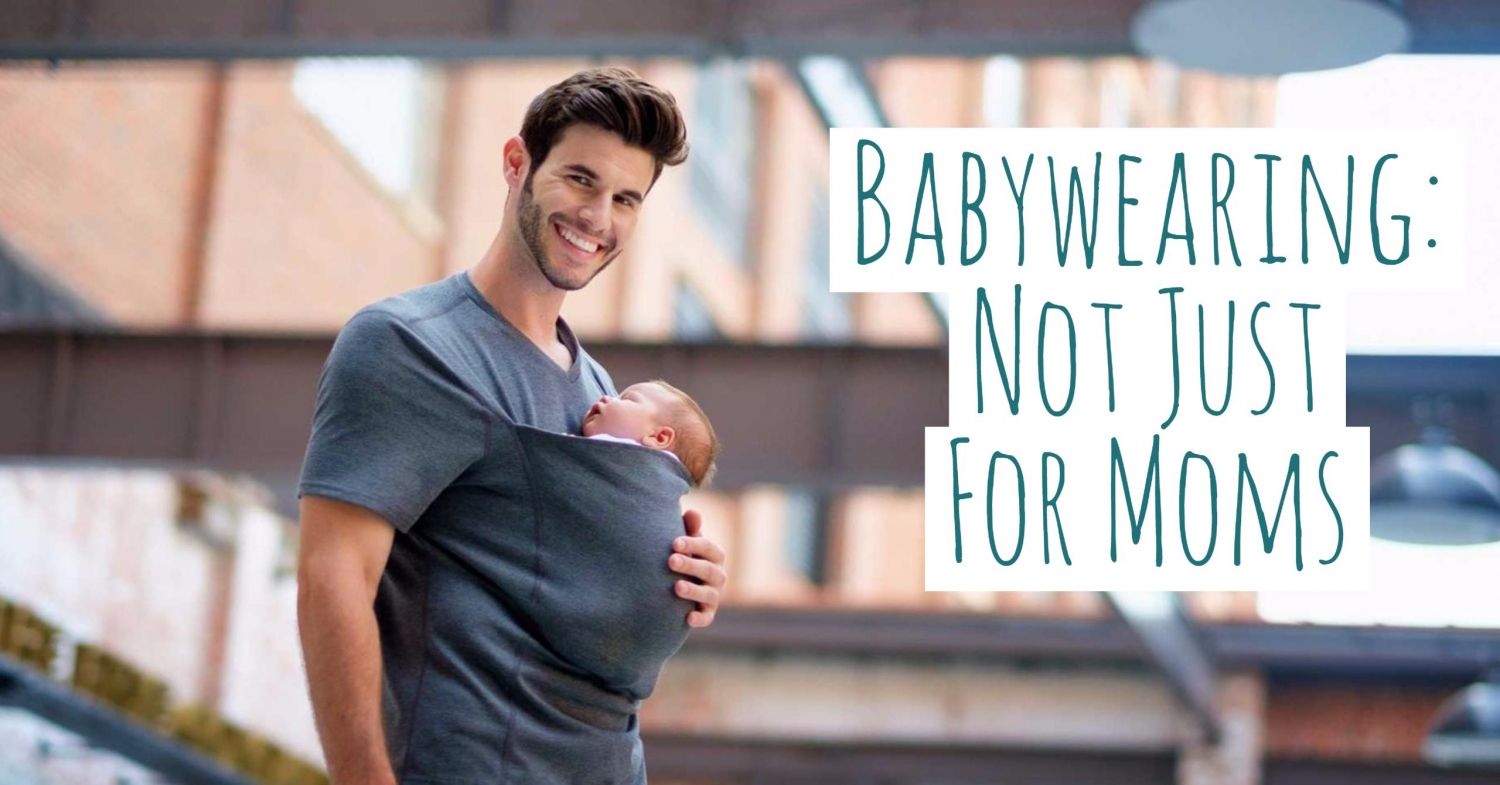Bringing a new baby into the world is an exciting and joyful time for parents as they get to know and bond with their little one. There is a lot of adjusting, and possibly some mixed emotions. This can be overwhelming, as taking care of your new bundle of joy becomes a round-the-clock job.
We just welcomed our new baby boy, and have a few tips to help any frazzled parent keep calm once baby is home from the hospital.
- 1. Swaddling helps soothe baby to sleep.
- 2. Get your rest while baby sleeps.
- 3. Breastfeeding is beneficial for both mom and baby.
- 4. Keep baby safe from germs.
- 5. Get the right car seat.
- 6. Place baby to sleep on his back.
- 7. Learn how to prevent diaper rash.
- 8. Get some fresh air.
- 9. Trust your instincts.
- 10. Ask for help if you need it.
1. Swaddling helps soothe baby to sleep.
Swaddling provides baby with a warm and soothing womb-like environment for extra comfort and security. It also helps prevent startle refl ex in babies which will have them waking themselves up while they sleep. A baby swaddle like the Miracle Blanket or the Woombie makes swaddling super easy for parents, and are safe and effective. Once baby starts to roll over, this is a sign that swaddling is no longer safe, in which case it is a good idea to switch to a sleep garment like the Zipadee-Zip, a go-to solution to help transition baby from swaddling, that allows for the freedom of pajamas.
2. Get your rest while baby sleeps.
Whenever baby is taking a nap, the parent should be resting, as well. Forget about housework. It is much more important for you to get your rest so that you have the energy to take care of baby, and you both stay healthy.
3. Breastfeeding is beneficial for both mom and baby.
Breastfeeding provides babies with all of the essential vitamins and nutrients they need, plus disease-fighting substances to keep baby healthy, especially during the first six months. It has been shown to lower the risk of childhood cancers, stomach viruses, ear infections and several other illnesses. It also protects baby from developing allergies later on, and it improves cognitive development. For moms, breastfeeding reduced stress, postpartum depression, and the risk of breast and ovarian cancers.
4. Keep baby safe from germs.
Remember to always wash your hands before handling baby and have any visitors do the same because babies’ weak immune systems are susceptible to infection. Let your children hold the new baby but avoid letting them kiss the baby’s face if you want to be on the safe side.
5. Get the right car seat.
For infants under two years of age, they must be placed in a rear-facing car seat for their safety as the back of the seat cradles baby’s head, neck and torso. Always read the owner’s manual to make sure you are correctly installing the seat and using the seatbelt or harness.
6. Place baby to sleep on his back.
Babies must be placed to sleep on their backs in order to reduce the risk of SIDS. A baby sleeping on his stomach may not get enough oxygen, or rebreathe his own exhaled carbon dioxide. It’s also important to remove pillows, blankets, stuffed toys, etc. You don’t want anything to accidentally fall on his face and potentially cause suffocation.
7. Learn how to prevent diaper rash.
Diaper rash is pretty common because babies have sensitive skin. The rash may go away on its own but there are ways to prevent it. Change baby’s diaper frequently, especially a poopy diaper. When using a cloth diaper, you should wash it in a fragrance-free or all-natural detergent for sensitive skin. You can also apply a diaper rash cream after cleaning the area with a wipe.
8. Get some fresh air.
You’ll go crazy if you stay cooped up in the house for too long, so head outside and get some fresh air. Just be sure to keep baby protected from the sun and dressed appropriately for the weather.
9. Trust your instincts.
Mother’s instinct is usually right, so practice listening and following your gut. Every parent makes mistakes with their first baby, but that is how you learn. Also understand that what works for one baby doesn’t always work for another. Instead of constantly doubting, be confident that you know your baby best and have the best feel for what he needs.
10. Ask for help if you need it.
As a new parent you sometimes struggle to juggle everything at home and raising a baby is hard work. You need to take time for yourself, and rest before you become completely worn down. If you feel like you need a break, don’t be afraid to ask a trusted person for help. They understand that everyone needs a little help sometimes, even “supermom.” If you have any questions, talk to your pediatrician or even a fellow mom who will be understanding.




